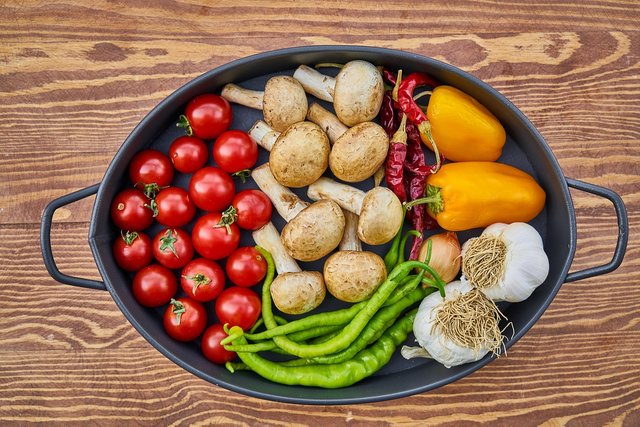Advantages and benefits of organic food

Eating organic is trendy but before following in the footsteps, it is always better to make your own opinion.
The following are some of the most common nutritional, environmental and economic issues.
Nutritional perspective organic food does not contain include:
Growth hormones (normally used in veal and beef production)
Antibiotics in preventive doses (if the animal is sick, it will be quarantined) of animal meat.
Chemical dyestuffs, artificial flavors or synthetic additives
Preservatives and irradiation products for conservation
Organic and conventional crops are quite comparable in terms of nutrition, but there can be a good difference in taste.
However, organic cultivation seems to reduce exposure to antibiotic-resistant bacteria (which our stomach acid does not digest) and pesticides.
Environmental perspective and animal welfare
To grow organic food we do not use chemical pesticides.
Artificial fertilizers or sewage sludge.
Overpopulation in buildings and time offered outdoors for animals.
These production methods protect the environment, animals and farmers. A small drawback: it is difficult to control water and pollen contamination in organic crops. So consumers may not be paying for what they really want.
Economic Perspective
Organic products between 10% and 40% more expensive especially meat.
The price is explained by the more expensive use of mechanical weeding, compost or because of a longer breeding period. The greater the demand, the more competitive the price will become.
A question for the food industry now is how much does the marketing side of organic food have an impact on the price of organic products?
Five tips for starting organic food.
Buy "organic" when the price of a food is equal to or less than the price of a traditional food. It's good for the belly of the wallet!
Choose organic foods that are known for their high pesticide content. Here is a beautiful graphic design of the urban nutritionist to help you choose better.
Remember that a food with low nutritional value is a second-hand food, organic or not (desserts, sweetened cereals, etc.).
Choose a winning duo: local and organic. It encourages the local economy and avoids polluting transport.
Don't disregard the small flaws in fresh organic food. A deformed carrot is a carrot!